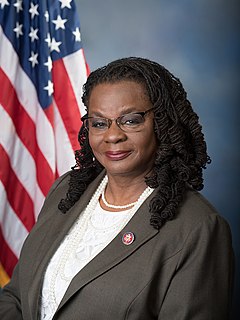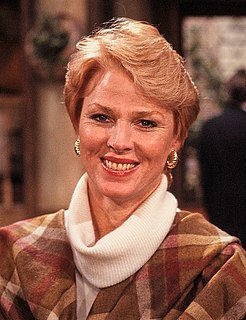A Quote by Nancy Pelosi
Washington and Congress are steeped in history and tradition, and that's been very male-oriented.
Related Quotes
It is difficult to disturb the common usage of Korean that is bent to the perspective of a male-oriented society. Korean society is based on both a politics and history that have been disguised as a solid society of solid male poems, a solid written language, fixed rules of how to write literature, and a narrative language.
President's personal staff has a unique role. They're his intimate personal advisers, and the tradition and the precedent has been, even when I was national security adviser, that people in that position do not testify before the Congress. They talk to the Congress. They have meetings with the Congress.
I don’t know much about history, and I wouldn’t give a nickel for all the history in the world. It means nothing to me. History is more or less bunk. It's tradition. We don't want tradition. We want to live in the present and the only history that is worth a tinker's damn is the history we make today.
The bonding of women that is woman-loving, or Gyn/affection, is very different from male bonding. Male bonding has been the glue of male dominance. It has been based upon recognition of the difference men see between themselves and women, and is a form of the behaviour, masculinity, that creates and maintains male power… Male comradeship/bonding depends upon energy drained from women.
Pornography reveals that male pleasure is inextricably tied to victimizing, hurting, exploiting; that sexual fun and sexual passion in the privacy of the male imagination are inseparable from the brutality of male history. The private world of sexual dominance that men demand as their right and their freedom is the mirror image of the public world of sadism and atrocity that men consistently and self-righteously deplore. It is in the male experience of pleasure that one finds the meaning of male history.
If we look at the last decades, we see that the US rightist-fundamentalist alliance demonized partnership-oriented families and painted women's rights as a threat to "tradition" - which of course it is to traditions of domination. These people had an integrated political agenda that recognizes that a "traditional" authoritarian, male dominated, punitive family is foundational to an authoritarian, male dominated, punitive politics. We can see this connection in sharp relief in brutal top-down regimes, be they secular like Nazi Germany or religious like ISIS in the Middle East.
As an African-American, as a woman I think that I've been sensitized to the way in which history privileges the white male and the way in which certain aspects of history, the things that we are taught in school, the things that are handed down never, never entered the picture though they might have been very important.
As an African-American, as a woman, I think that I've been sensitized to the way in which history privileges the white male and the way in which certain aspects of history, the things that we are taught in school, the things that are handed down, never, never entered the picture though they might have been very important.

































